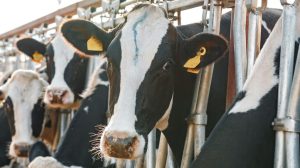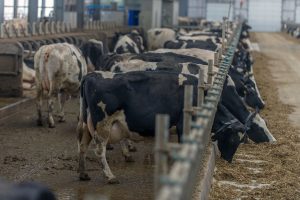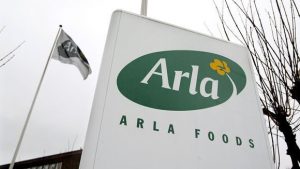
Research conducted by safefood has discovered that the protein content for the majority of alternatives to dairy products on the market in Northern Ireland to be less than their dairy equivalent products. The calcium content of plant-based alternatives to cheese was also lower.
Researchers looked at the nutritional content of 201 plant-based alternatives to dairy products on sale in supermarkets between May and June 2021 and these were divided into the following categories: milk alternatives (105); cheese alternatives (38) and yoghurt alternatives (58).
The products were analysed by looking at the nutritional information displayed on the product label and any health claims, such as ‘a source of calcium’ made on pack.
The nutrition composition of the products as labelled was then compared with their dairy counterparts on Nutritics.com, a nutrition analysis software package used to simplify labelling and food analysis.
Dr Aileen McGloin, director of nutrition with safefood said: “We’ve seen a dramatic rise in both the popularity and number of plant-based alternatives to dairy products available on the market in recent years.
“Our survey found that on average, the protein content for the plant-based products we looked at was less than the dairy products. The calcium content for plant-based milks and yoghurt was the same as their dairy counterparts but was lower for cheese.
“Because these products vary in nutritional content, I would advise people to check the labels and look for products containing sources of protein, that are unsweetened and fortified with calcium.
“To take plant-based alternatives to milk as an example, on average these had a third of the protein content of milk, while two thirds of the products surveyed were not a source of protein.
“This may be particularly important for those moving to vegetarian or vegan diets,” said Dr McGloin.
Current national healthy eating guidelines recommend three servings a day of milk yoghurt and cheese for adults, and five for children and young people aged 9-18, with reduced or low-fat varieties being advised.
The safefood research also found that one third of adults are now consuming plant-based alternatives to dairy products such as milk, cheese and yoghurt with more than 44% of people aged 15 to 24 being regular consumers of these products. Among people who choose these products, 20% did so because they considered them to be healthier.
When asked why they chose plant-based dairy alternatives, 20% said they did so because they regarded them as ‘healthier or better for me.’
Just under 18% said they did so because they ‘wanted a change or variety’ while 14% did so because of their own dairy intolerance or that of a family member.
According to industry estimates, the plant-based dairy alternative market in the UK is worth approximately €284m with the value of sales increasing by 299% over the previous two years.

























